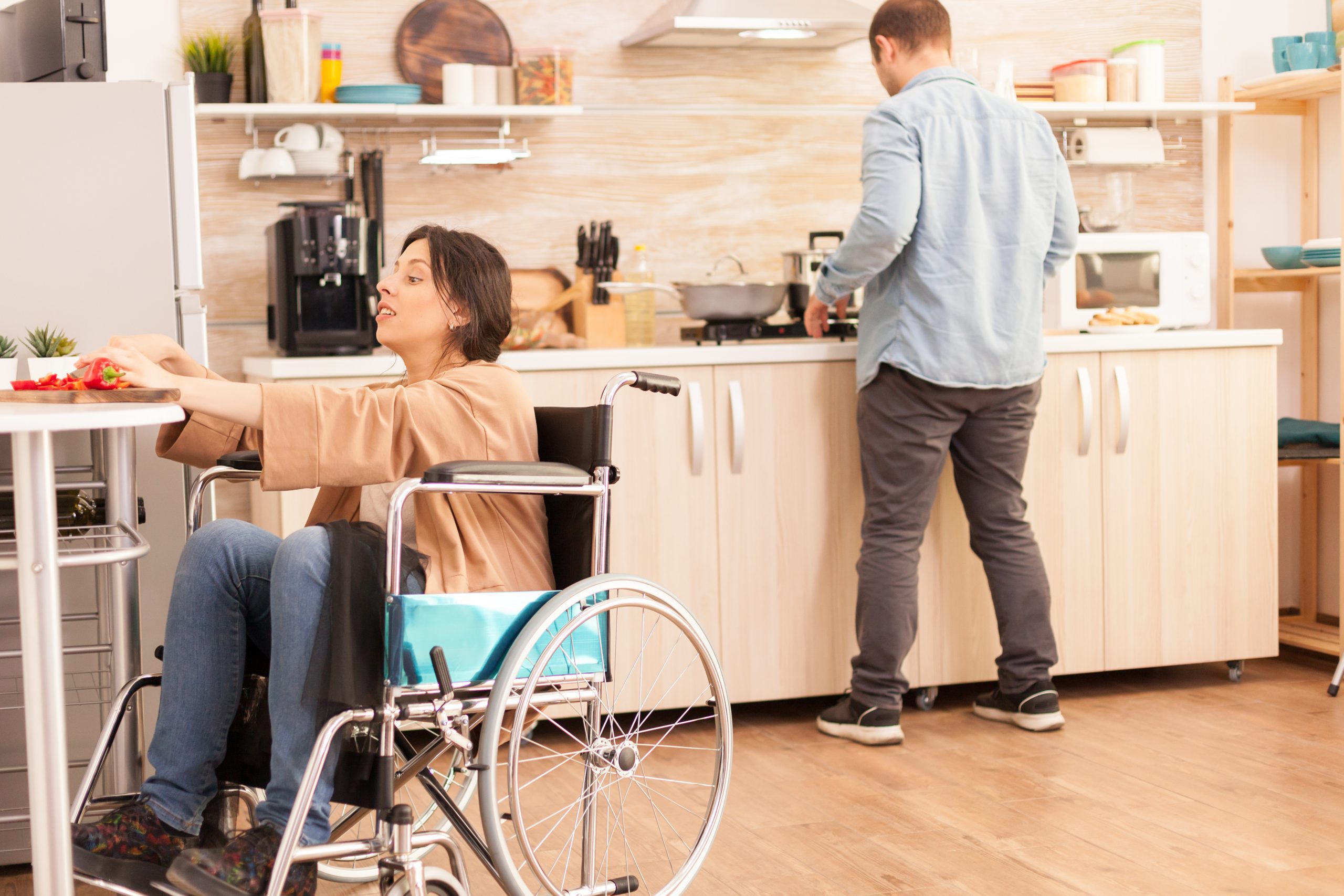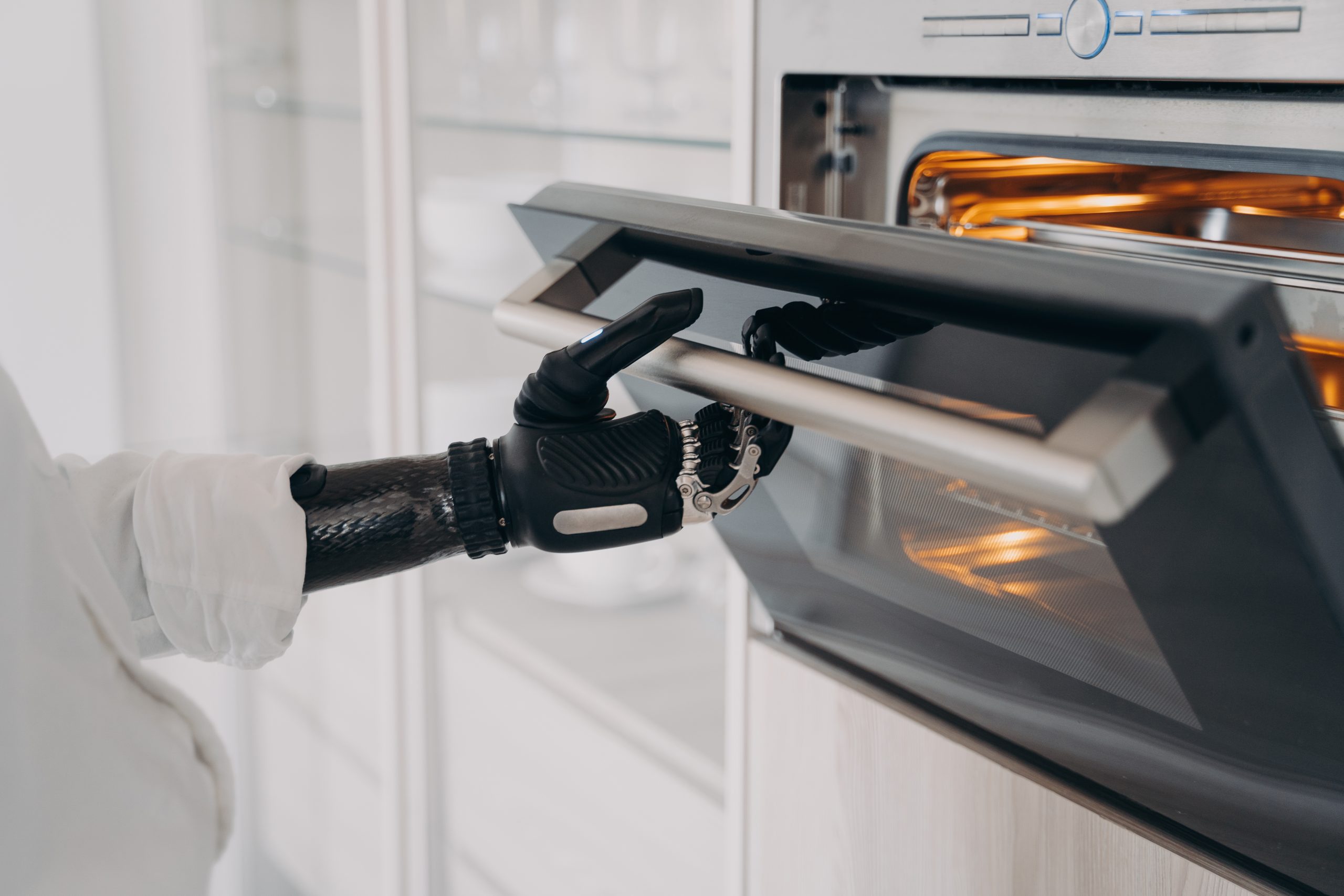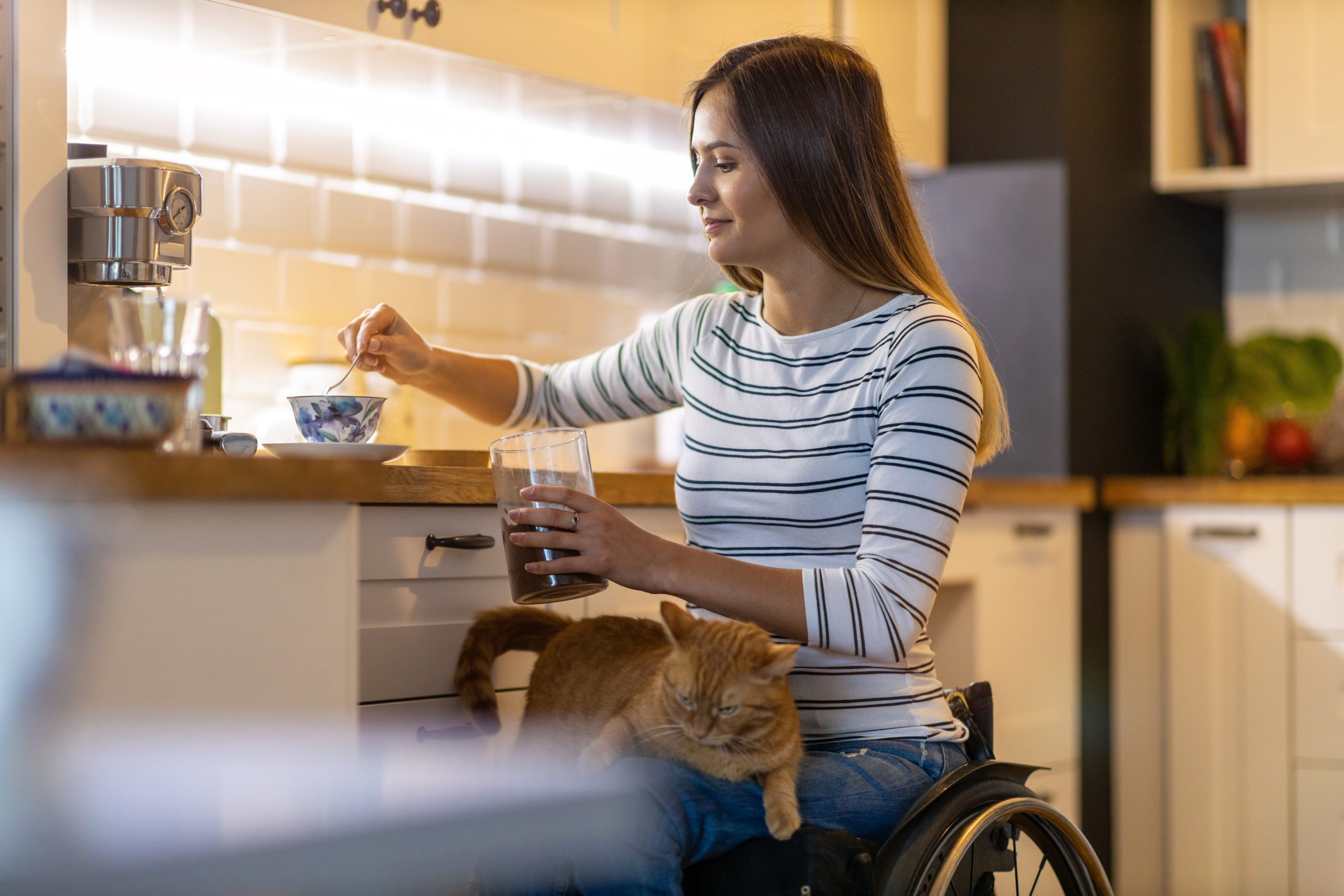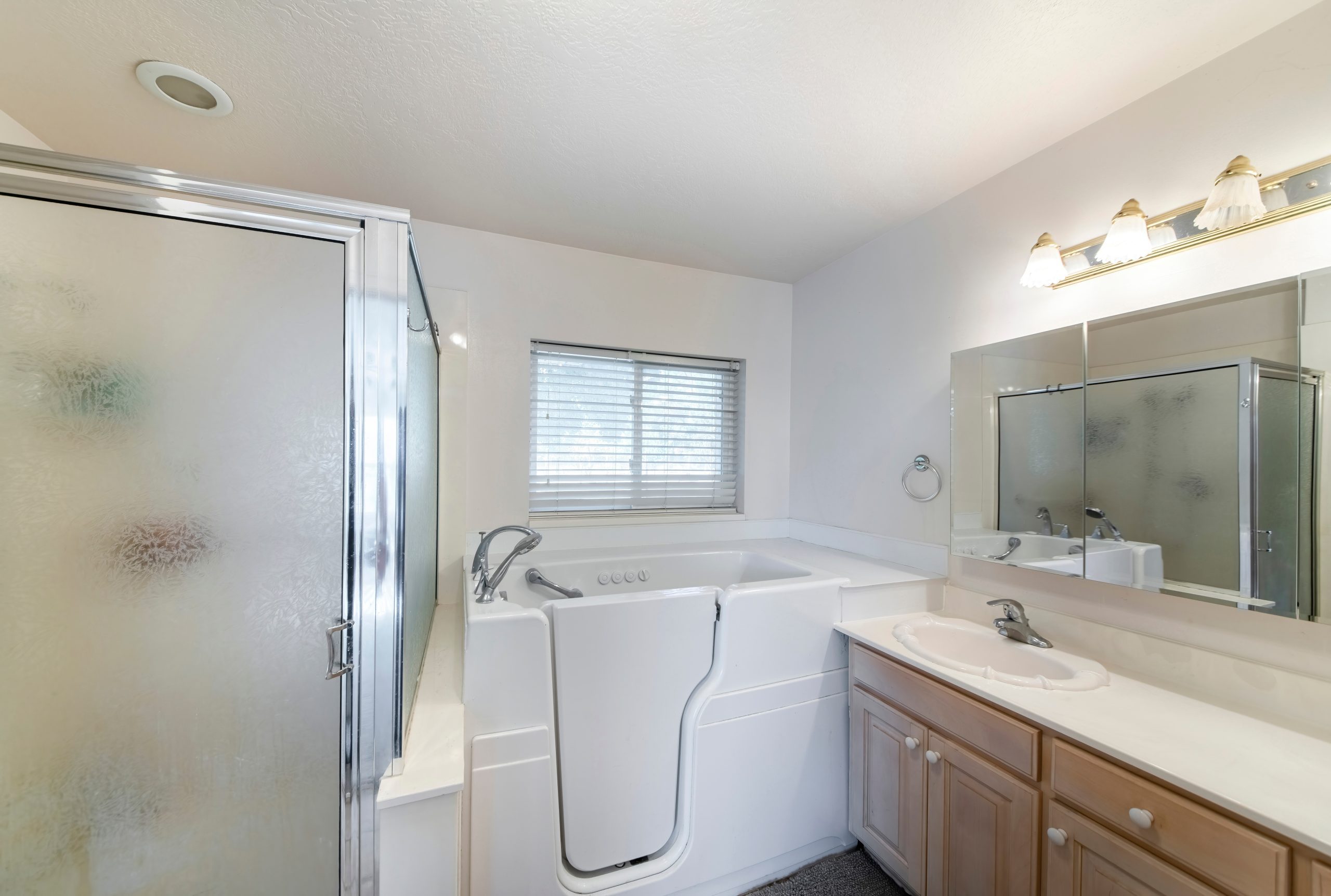Sometimes, life at home can get tricky. You – or your loved one – may have limited mobility making it difficult to get to the front door. Maybe you need a hand up and down from a chair. Or there are utensils around your home that you find difficult to operate.
These, and other, challenges can make you think twice about whether you can continue to live at home independently.
But where there’s a will, there’s often a way. And just because you may struggle with certain tasks or with using specific items, that doesn’t mean you have to lose your independence.
Around the UK there are many companies dedicated to providing practical adaptations and gadgets to enable people to remain in their homes. Sometimes all that’s needed is an adaptation, and an individual’s day-to-day life can be transformed.
One organisation working in this area is REMAP. The charity was founded back in the 1960s by Pat Johnson when he started making devices for his sister who used a wheelchair. Today REMAP’s hundreds of volunteer engineers all over the country make a difference every day to people who want to maintain their independence but need a bit of help to do so.
Peter Cattermole, Chair of Trustees and Volunteer Engineer at REMAP, explains how this is done: “We gather together like-minded people who have the skills, equipment and motivation to invent the solutions that change people’s lives. We know our clients have access to professional health care and therapy, but their resources only go so far. It’s often those same professionals who call us, because they know that when their client needs someone to solve a problem and create a bespoke solution, it’s time to call REMAP.
“The fact that we travel to the person’s home, work with them and their occupational therapists to meet their desires and do it all for free is a bonus!”
From devices that help people get dressed, to route-guiding barriers and food preparation aids, we’re sharing some of the innovative tools that have been created to make life easier at home. Maybe you’ll be inspired by one of these stories



















